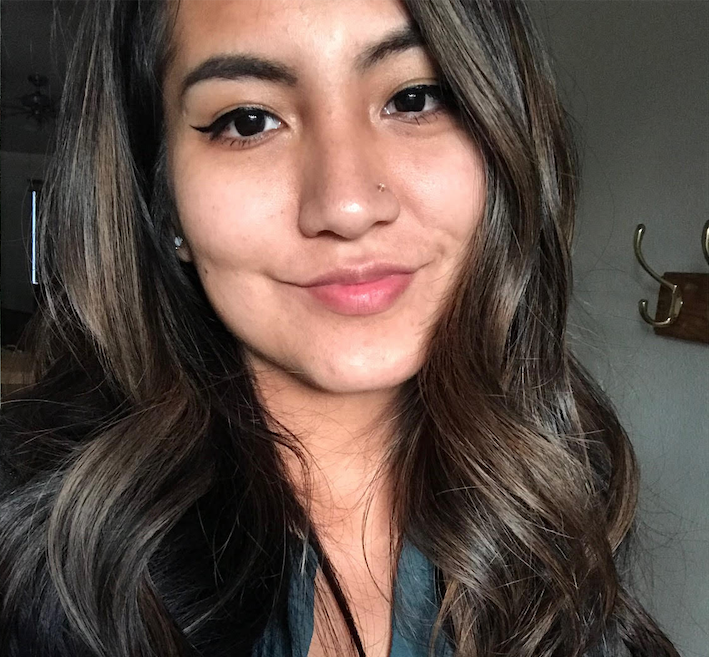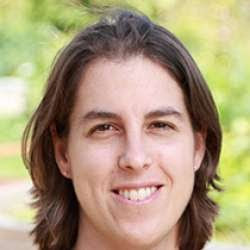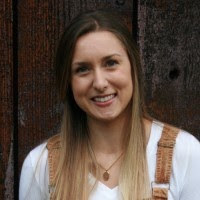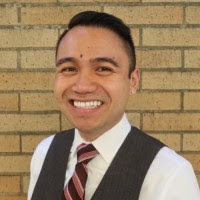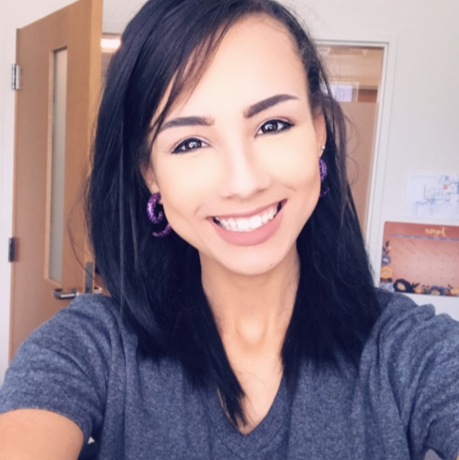Dietetic Internships During a Pandemic
By Linden Hale, MSN, CN
For every dietitian in our country, the supervised practice that comes with a dietetic internship or coordinated program is a necessary and significant part of the path to becoming a Registered Dietitian. All through schooling, it is the highly anticipated—and often feared—hurdle separating students from their credentials and future careers. Most importantly, it is the opportunity to put into practice all the things learned in classrooms up to this point to help real people in real situations. The in-person nature of these settings allows for mentoring with preceptors, quick learning opportunities, and face-to-face communication critical to developing rapport with both patients and prospective employers. But what happens when in-person meetings and sessions are suddenly replaced with Zoom calls and online case studies? Dietetic interns, directors, and preceptors across the country have had to answer these questions while navigating the changing face of internships during the COVID19 pandemic. For internships in the Greater Seattle area, where the pandemic had an early surge that led to school closures and cancelled in-person rotations, interns and directors faced unique challenges and cultivated equally unique skills. As the first “pandemic interns” have started to graduate, the Greater Seattle Dietetic Association asked for some of their perspectives on the experience.
A Pandemic Begins
After growing up in Peru and moving to Nevada where she lives with her husband, Fiorella Alvarez Gutierrez, RD moved to Seattle to complete her Dietetic Internship with SeaMar. Fiorella had already been working part-time at Valley Medical Center in Renton when the first cases in Washington State were identified in late February. Fiorella recalled hearing on the news about the first confirmed case of COVID19 in the Renton area, and remembers thinking “there is no way they will end up at my hospital.” When she arrived at work for her shift, coworkers told her “Oh, he’s here!” At a time when Washington State was the emerging epicenter in the US of a mostly unknown novel virus and disease (with fewer than 10 cases total in the state), this news was shocking and terrifying. “I heard that on Sunday and was scheduled to start my rotation in the ICU on Monday, and this guy was on the ICU,” said Fiorella. “It was just absolutely terrifying.” As someone who couldn’t afford health insurance during the unpaid internship and who did not qualify for state insurance, Fiorella explained, the news that she could be exposed to this potentially deadly virus was alarming. She recalled thinking, “‘I really hope I don’t get sick because I don’t have health insurance and an ICU bill would be really expensive.”
That Monday, Fiorella arrived for her ICU rotation apprehensive but determined to learn. “My preceptor was the one doing the tube feed with him because, you know, here we are with a brand new disease that no one knows.” According to Fiorella, things at her rotation were still mostly normal at this point in time: “We were still doing rounds, but we were trying to be careful because we didn’t have any extra PPE since the shortage was going on.” The following week, Valley Medical’s ICU got two more COVID19 cases, and her preceptor decided to give her one of those patients to cover. “At that point, I was pretty scared, but I just kept thinking, ‘Who else is getting this opportunity?’” She reflected on how her incredibly supportive preceptor and hospital precautions helped to alleviate some of her fears.
By the third week of her ICU rotation, however, things shifted yet again. “It was a sudden change from one day to another. On Thursday, I remember seeing the other students, but when I came in on Friday, the other students were no longer there.” As the number of cases across the state continued to rise, hospitals, schools, and rotation sites throughout the Greater Seattle area announced students and interns would no longer be allowed on-site in an effort to limit exposures and spread. Suddenly, Fiorella’s entire internship was on hold, with an entirely unknown future. No one she talked to at the hospital knew if or when she would be able to return to complete the rest of her rotation. The rotations she was scheduled to do after her hospital rotation also reached out to say they wouldn’t be taking on their previously scheduled interns. “That’s when I had to contact my director to say I’m no longer allowed at my sites. It was like the end of my whole internship was cancelled.”
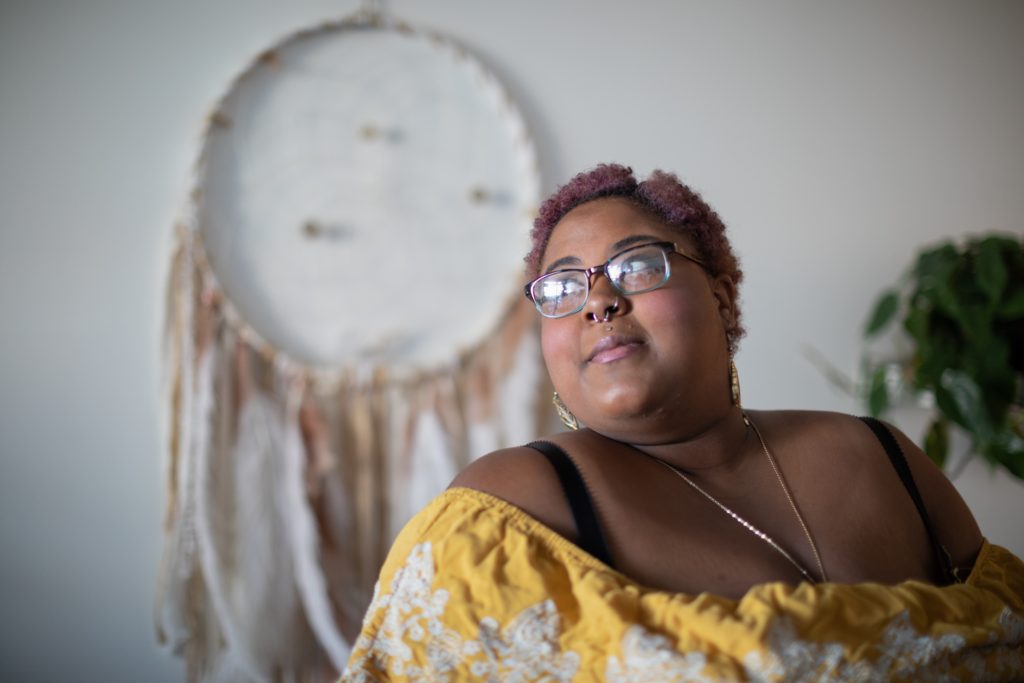
Interns Face A Difficult Choice
This sudden shift from business as usual to abrupt cancellations and isolation was a trend that emerged with each person I spoke to. Cynthia Bartok, PhD, RDN, CD was near the end of her first year as director of Bastyr University’s dietetic internship when she was informed by the University that interns would no longer be allowed to go on-site for their rotations. “That was a sudden decision at 2:00 in the afternoon on one day, saying your interns can’t go back on-site tomorrow. Obviously, that was pretty quick and pretty catastrophic, though understandable.” Cynthia reflects that, luckily, many dietitians in groups like the Academy of Nutrition and Dietetics’ Nutrition and Dietetic Educators and Preceptors group had been sharing resources and ideas in anticipation of this possibility, so she “was already taking steps to think of how we could shift things.” Ashley Bent, MS, RD, was one of the Bastyr interns and remembers monitoring her email, waiting to hear back for about a week before knowing what the plan was. “We all got on Zoom together and talked about what the options were, what the pros and cons were, if anyone had any questions.” After significant planning and discussion over that week, Bastyr’s DI program decided to offer interns two options: continue with the remaining internship hours done as virtual clinical hours, or defer restarting their rotations until clinical sites were prepared and willing to bring students back on-site. In the end, about half of the intern cohort decided to move forward with a virtual clinical rotation, while the other half decided to wait until later in the summer in hopes that rotation sites would open back up.
This was a similar decision faced by internships and interns across the Greater Seattle area as the pandemic continued to grow in Washington State. For most interns at this time, the “wait and see” approach relied on gambling that the pandemic would wane quickly, risking a potential delay in completing their internship and thus the start of their careers (and the financial implications of that choice). The alternative, “go virtual” approach relied on doing mostly self-guided online case studies and other “alternative learning”, as the Academy has called it. This tactic had its own risk, such as not getting the exposure and experiences they would receive in a traditional on-site clinical rotation. According to Ashley B., making this choice “was scary; you know the virtual rotation is not going to be the same as in person. You’re not going to develop the comfort with being in a hospital setting, and you won’t have the experience interacting with patients who are sick, can’t respond to you, who are ventilated.”
Prospective Interns Consider Options
While existing interns have had to decide between continuing with virtual rotations or deferring in hopes of in-person hours, prospective interns have faced a related question: Should they still start the 2020-2021 internship year, knowing the internship will be significantly different and at least partially virtual? After completing his Master’s degree at Bastyr University, JC Alhambra, MS, DTR, moved to California where he has been working in an assisted living facility, working with the pandemic’s highest risk population. JC decided to move forward with starting his internship with Wellness Workdays—even knowing that many of his rotations would have to be done virtually—after considering the costs and benefits of his options. “I know it’s not going to be the same experience, but there are ups and downs [for both options]. For one thing, I won’t be exposed [to the critically ill COVID19 patients], so a part of me is happy about that.” JC also explained that he felt especially driven to continue forward with his internship, given the recent impact of the Black Lives Matter and other social movements that seek to address the inequities and imbalances experienced by Black, Indigenous, and People of Color in the US. “Dietetics is predominantly a field of White females. As a Filipino American man living in the US, I want to become an RD as soon as possible so I can promote my culture, spread awareness, and help to diversify the field of dietetics.”
Other prospective interns have pointed to the financial necessity of continuing their internship (even if this means doing hours virtually), because this usually unpaid, generally expensive internship is set up as the gatekeeper between them and the increased pay and opportunities of being an RD. Ashley Walthers, BS, said she needed to start and complete her internship with Keith and Associates before moving across the country next year so she can get a job as quickly as possible once she moves. “I wanted to make sure I had all of my internship hours done before then,” she explained, even though this means doing those hours virtually during the pandemic. Ashley W. says she chose to do a part-time internship for the same reason she is determined to complete her internship before the move: “I have a daughter and I need to work to pay for childcare.” Many interns I spoke with pointed to financial considerations as the reason they decided to continue with their internship despite rotations moving to virtual formats or including increased exposure to high risk patients.
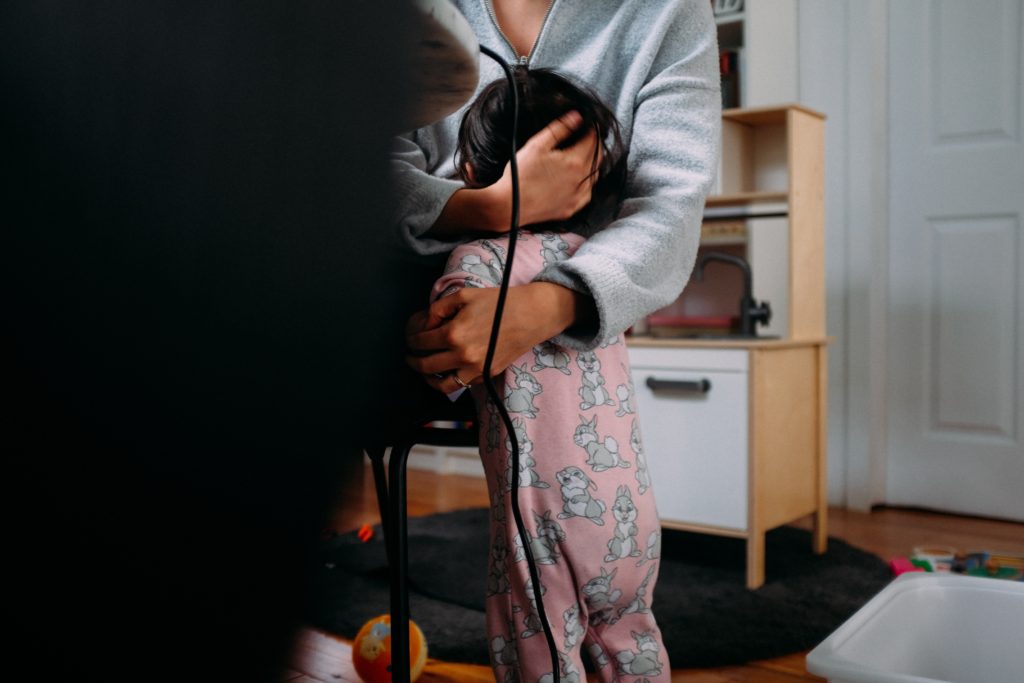
A New Normal
In addition to financial considerations, many interns decided to move forward with virtual/modified rotations after talking with other RDs, preceptors, and mentors. According to Ashley B., her mentors said “I would go for it, there are going to be literally hundreds of interns in this same boat as you. We’re all navigating COVID, and places will still need to hire new RDs.” Many of these same preceptors and mentors have stepped up to help interns complete rotations and hours. “My director works at a kidney center,” explained Fiorella, “so she came to my house and gave us a crash-course on how dialysis centers work, gave us a ton of reading materials, case studies, and things we could work on at least to fill the next two weeks. She was great.” For Ashley B. and the other Bastyr interns choosing to complete their hours immediately and virtually, an RD from a local hospital created daily case studies from her real patients, allowing them to practice writing chart notes and doing projects. Other interns reached out to past preceptors, asking if they could take interns back for additional hours and experiences. Some hours were met through a combination of webinars, online programs and case studies, self-guided readings, and other creative projects.
While each internship developed solutions to help interns meet competencies and hours, many students, interns, preceptors, and directors that are also parents had the additional difficulty of grappling with how to balance their professional roles with their personal roles, as children were suddenly left without school or childcare. “My daughter’s daycare opened back up two months ago,” said Ashley W., “but she had to stay at home with my mom for three months straight originally. Luckily, I live with [my mom], otherwise I don’t know what I would have done.” Cynthia, who has three children, explained that “there’s been a lot of chaos in our family life around uncertainty with school.” Despite her appreciation that her kids are at an age where they are mostly self-motivated in their education, Cynthia noted that finding this balance is still difficult, especially as her job as a DI director “got exponentially harder because of COVID.” Cynthia and her husband eventually decided to alternate days to be the parent that could be interrupted by kids needing school help, because “it’s really difficult to contribute to writing new university policy for students to safely go on-site when you’re being interrupted literally every 5 to 10 minutes.”
Impacts Continue Beyond The Internship
While this dual role of parent and intern/director/preceptor during the pandemic has led to unexpected difficulties for many, most programs have been able to help their interns (parents or not) get the hours and competencies required to complete their internships. As interns have finished their programs, they have faced yet another COVID-related hurdle: “The earliest RD exam I could take (that is within a reasonable driving distance to me) isn’t for another three weeks,” said Fiorella, about a month after completing her internship and noting that this testing site still required her to drive to a neighboring state because closer testing centers had their first openings even later. Her experience has not been unusual, with many interns in the Greater Seattle area traveling to neighboring states in search of testing centers that had openings soon. Ashley B. explained that several of her friends had scheduled their RD exams in the Greater Seattle area but had their tests cancelled or postponed as COVID cases increased. Ashley B. said, at the time, the earliest RD exam openings she could find were not until September or October, with some even listing their earliest openings in November. She eventually chose to rent an AirBnB in Portland, allowing her to take the exam there several weeks earlier than the centers in Washington.
While some interns are still completing their rotations and 2020-2021 interns are just starting in their programs, many pandemic-interns are already finding early success, despite the tumultuous state of the nation. Ashley B. recently passed her RD exam and has started applying for jobs; Fiorella was hired immediately after completing her internship and is working as a clinical dietitian in a small hospital in Northern Nevada, recently passing her RD exam; Cynthia is helping the remaining Bastyr interns complete their rotations after successfully restarting on-site rotations and preparing for the next cohort or interns to begin; JC has started his rotations with Wellness Workdays and is already learning and adapting to the virtual rotations; Ashley W. recently completed Keith and Associate’s pre-orientation and is starting in on her rotations.

Moving Forward Together
As I talked to each person, there was one theme that was consistently attributed to these successes: the role that preceptors and the dietetics community have played in stepping up to help interns during the pandemic. Many RDs who had previously been preceptors took back past interns to help them complete more hours. Numerous RDs who have never been preceptors before “came out of the woodworks”, according to Cynthia, to provide new and unique rotations for interns. Without the actions of these dietitians, many interns, including myself, would have been left without the opportunities and rotations that we need to complete our internships. At the end of our conversation, Cynthia asked to make one plug on behalf of DI directors and interns everywhere—a request that I leave you with as a call to build on this demonstration of camaraderie and kindness shown by the uniquely supportive members of the dietetics community: “If you have any ability to do so, please consider becoming a preceptor for an intern in your area.” It is only with the assistance and support of preceptors that interns are able to continue on their journey to become the next generation of Registered Dietitians, even during a global pandemic.
If you are an RD who is willing to become a preceptor for one or several interns, please reach out to local Dietetic Internships, reach out directly to prospective interns you know, sign up to be on the Academy’s Preceptor list, or let us at GSDA know your information so we can add you to our Preceptor Directory for student members. If you are not able or eligible to become a preceptor, consider being a mentor or supervisor for students who need volunteer or work experience before applying to internships.
Everyone at GSDA wishes to extend our great appreciation to each of our interviewees for sharing their stories and experiences with our audience:


